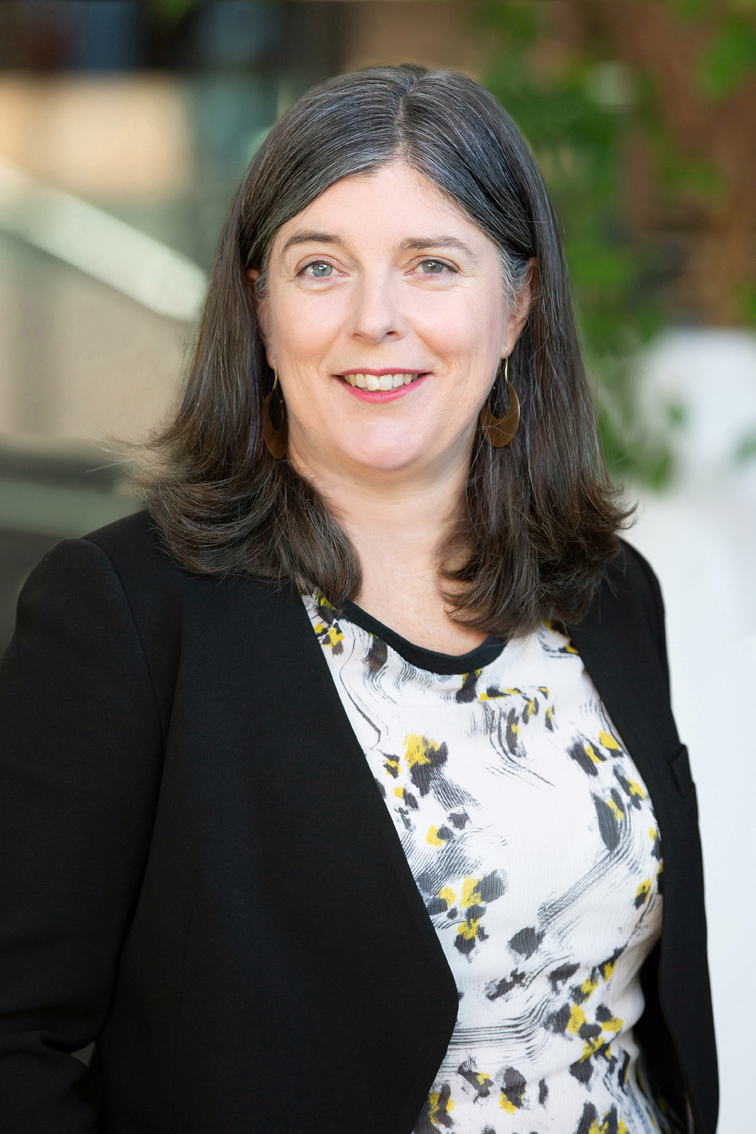Because I work across many different areas of the University, I sometimes help connect researchers who can bring different, complementary skill sets to a project.
How do you work with health agencies?
I mostly work with international health agencies, so when we’re in that space, we have a world-leading capability or expertise we can leverage. Predominantly, this work has been on infectious diseases. New Zealand has a strong reputation in that area, so we represent what we can offer that’s world leading. We work with the agencies to understand how we could fit into their overall plan to deliver value they might not be able to get elsewhere.
Global Vaccine Data Network is a good example. We had relationships that put us in a position to pull together a global network, so we could go out to international agencies to show them we already had things in place that they would otherwise have had to build themselves. That’s what made us attractive to funders from the U.S. Centers for Disease Control.
How do you work with industry?
The pharmaceutical companies I work with are also often international, so again, there has to be a good reason for them to work with people in New Zealand. Usually it’s based on a specific skill set we have. We can show that an academic partnership with us could provide cutting-edge science that will give them a competitive edge, whether in reducing their timeline to development or giving them information to make better decisions.
How do you work with the New Zealand government?
I work with the government primarily around infectious diseases. The key point we raise is that we’ve got these strong international relationships that are based on world-leading expertise and we can leverage those to create benefits for the whole country. We might be generating opportunities for new clinical trials in New Zealand, for manufacturing companies in New Zealand, or otherwise building on what the government has invested into research and infrastructure to take things further through our international connections.
How did you get into this role?
I’ve been in this role a little over three years. It’s been a circular journey. I did my bachelor’s and master’s degrees at the University of Auckland, specialising in pharmacology and physiology, and got my first job in a lab run by one of the founders of the Liggins Institute. I worked as a lab tech, then moved into the academic publishing industry. I worked in New Zealand, the UK and Australia, always sitting between scientific evidence and commercial needs. I worked to understand customer needs, often around new product development, where businesses could use scientific information to give them insight and competitive advantage in helping patients. All those skills and experiences lent themselves well to this role.
I’ve always been interested in science but more in the application side of the science. This job is perfect for me because it’s dealing with cutting-edge science and helping scientists translate their research into impact in the real world. I love being able to be involved in projects that are literally changing the world.
What do you do for fun?
After having lived all over the world, I’ve come home to West Auckland, about 10 kilometres from where I grew up. I have ten-year-old twin boys who are very active and keep me busy and entertained. We go to the beach a lot and spend time in the bush. We live on Herald Island, which is a small island connected by a causeway, and it’s like living in a beach town. When I get some time to myself, I like to do pastel artwork, just for fun. I also enjoy cooking and gardening.
